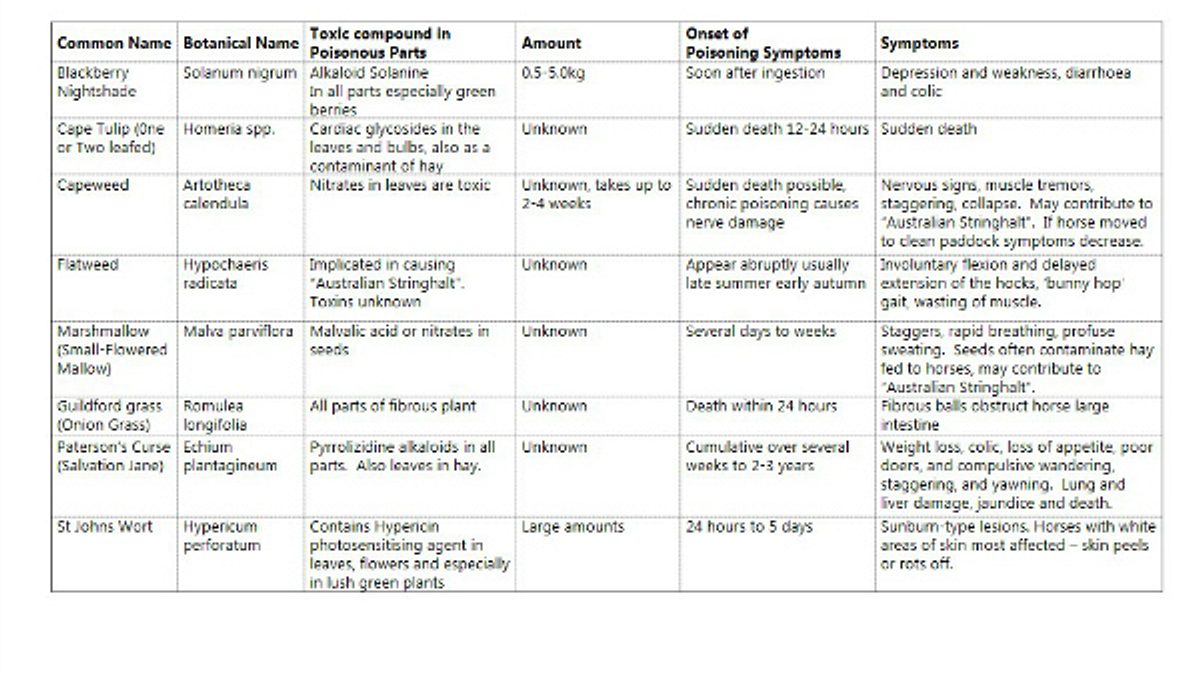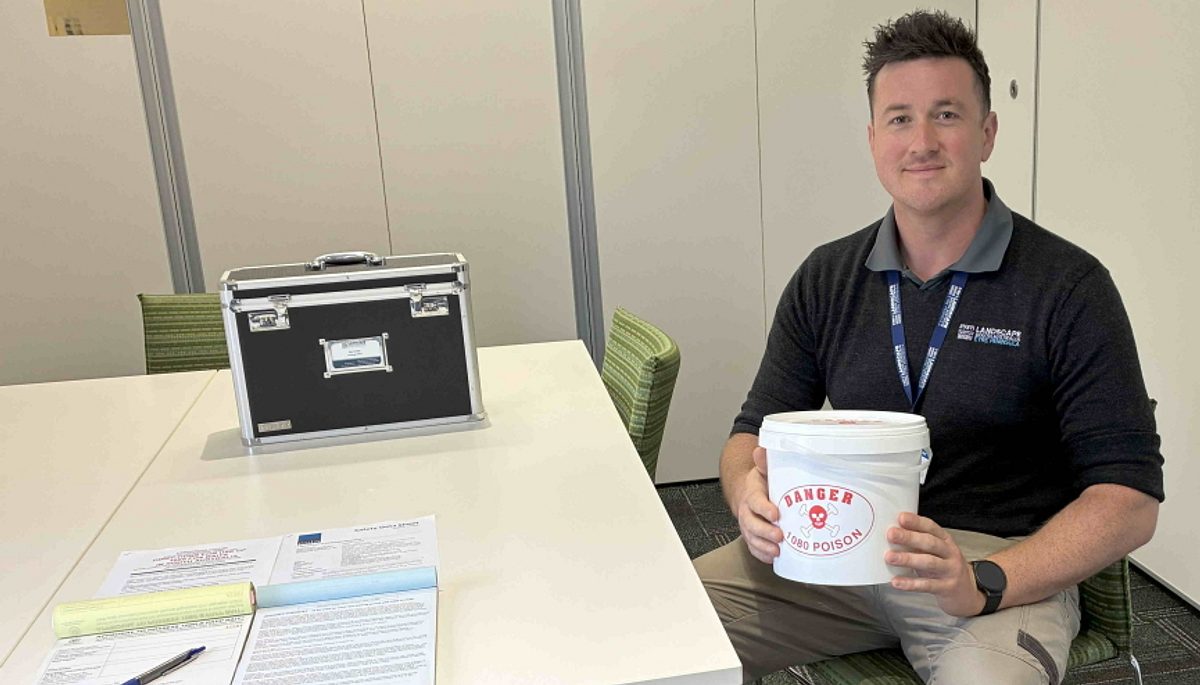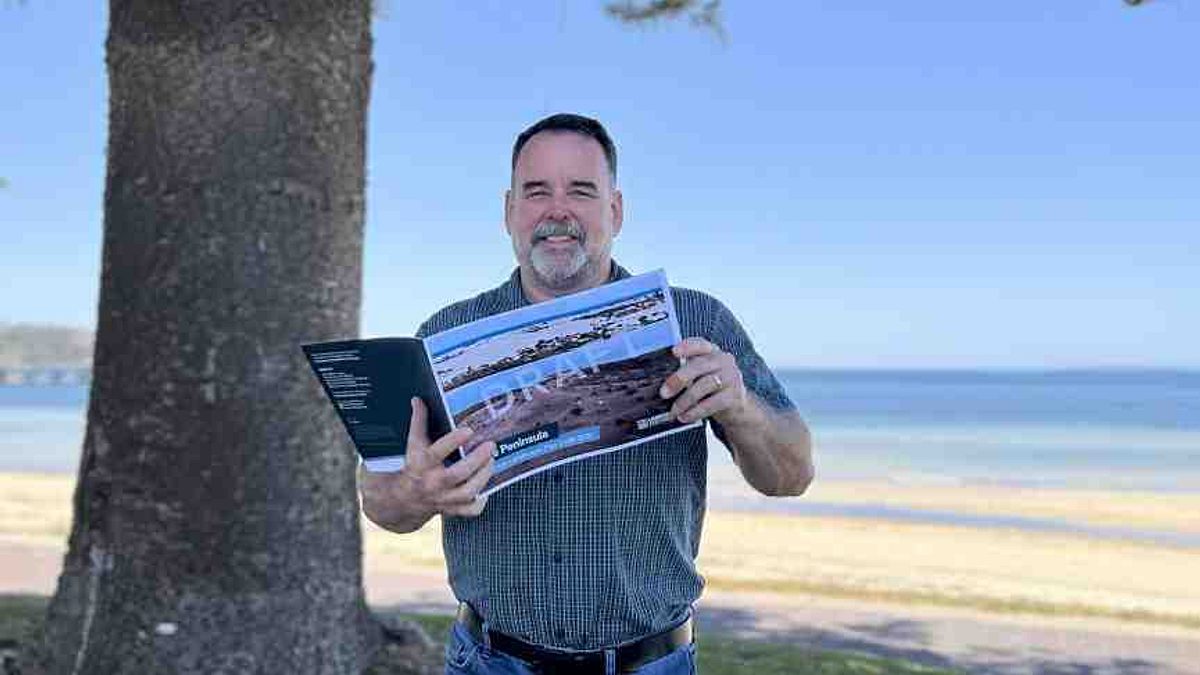Horse owners need to be aware of pasture weeds that may adversely affect their horses. Weeds may be declared poisonous plants which are dangerous to stock, and the environment or common plants growing in the wrong place at the wrong time. They often have little or no feed value and reduce pasture yield by competing for space, moisture and sunlight.
By Mary Crawford
Individual horse’s reactions to the ingestion of different weeds and even amounts of the same weed will vary significantly. Some horses may show no ill effects and others become acutely ill. Plant toxins can affect body systems such as metabolism, the heart, brain, liver or the skin. Environmental factors such as drought, flooding or fire can influence the growth of poisonous plants and the amount of toxins they might contain.
Responsible horse ownership involves not placing horses in paddocks with plants that may poison them and actively controlling those weeds if they do appear in pastures. To be considered a responsible horse owner, it is essential that you can identify every plant within the paddock where you keep your horse. Weeds can be imported onto the property through hay, feed contaminated with weed seeds, and contractors undertaking hay cutting or other activities. It is important that you inspect hay for weed species before purchase and when it is delivered to the property.
Over grazing and baring out paddocks over summer allow some of the undesirable weed species to spread and germinate with the opening rains. Maintaining 70% ground cover on paddocks over summer can suppress the ability of opportune species such as capeweed and Salvation Jane from germinating in autumn.
The following list only details a few common local weeds and is by no means exhaustive. Once you have identified a plant, if you are unsure about its effect on your horse, seek professional advice from your local vet. If you need help identifying a plant, collect a sample and contact Natural Resources Eyre Peninsula for assistance.
>> See table provided on right.
For more information on general horse health, you can purchase “Feeding and Nutrition of Horses” by Dr John Kohnke from Virbac Australia on 1800 242 100; Plants Poisonous to Horses – An Australian Field Guide by RIRDC, Managing Horses on Small Properties, Jane Myers 1300788000 or contact Horses SA www.horsesa.asn.au



